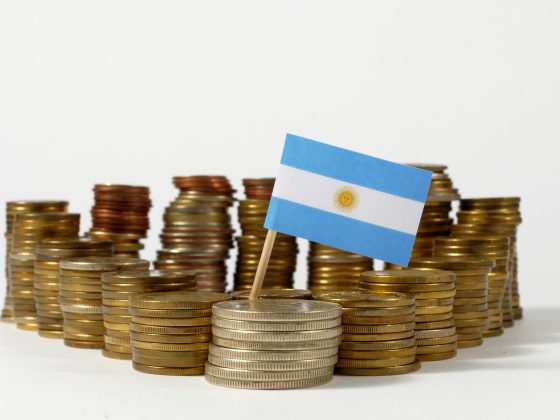France’s inflation rate took a significant dip in September, falling to 1.5%, down from 2.2% in August, according to preliminary data released by the National Institute of Statistics and Economic Studies (Insee) on Friday.
The primary drivers behind this significant decrease include a notable reduction in energy prices, particularly petroleum products, along with a seasonal decline in transport costs.
Insee also noted that some tariffs had returned to normal after surging during the Olympic and Paralympic Games. Meanwhile, tobacco prices were relatively unchanged for the month.
The drop in France’s harmonized inflation rate—adjusted for comparison across eurozone countries—was steeper than economists anticipated, further intensifying the pressure on European Central Bank (ECB) policymakers to introduce measures aimed at stimulating the broader economy.
The Harmonized Index of Consumer Prices (HICP) fell below the 2.0% forecast from economists surveyed by Reuters.
The sharp decline is seen as a potential catalyst for additional ECB interventions.
Earlier this month, the central bank lowered interest rates by 25 basis points to 3.5%, resuming its rate-cutting cycle, which began in June.
Following the inflation announcement, the euro dipped to a session low of $1.1143 before settling at $1.1126 by mid-morning in London, representing a 0.45% drop.
In addition to the HICP, France’s Consumer Price Index (CPI) for September also showed a decline, falling to 1.2% from 1.8% in August, marking the steepest monthly drop in inflation since 1990, according to Insee.
As France’s inflation cools rapidly, the pressure mounts on the ECB to take further action to prevent a slowdown in the eurozone’s second-largest economy.
The post France’s inflation rate dips to 1.5% in September amid decline in energy prices appeared first on Invezz


